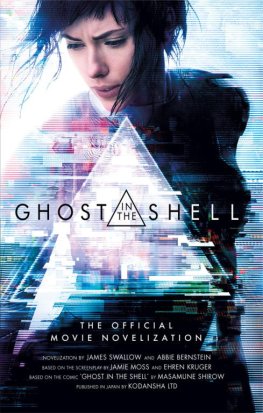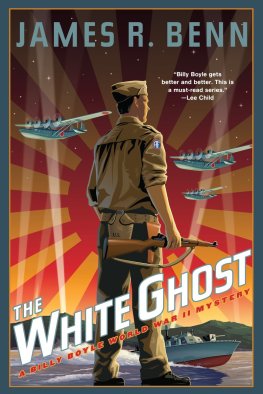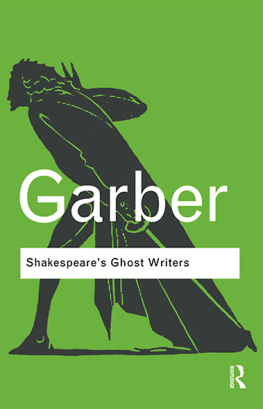Vltchek - Plays: Ghost of Valparaiso and Conversations with James
Here you can read online Vltchek - Plays: Ghost of Valparaiso and Conversations with James full text of the book (entire story) in english for free. Download pdf and epub, get meaning, cover and reviews about this ebook. year: 2020, publisher: PT. Badak Merah Semesta, genre: Detective and thriller. Description of the work, (preface) as well as reviews are available. Best literature library LitArk.com created for fans of good reading and offers a wide selection of genres:
Romance novel
Science fiction
Adventure
Detective
Science
History
Home and family
Prose
Art
Politics
Computer
Non-fiction
Religion
Business
Children
Humor
Choose a favorite category and find really read worthwhile books. Enjoy immersion in the world of imagination, feel the emotions of the characters or learn something new for yourself, make an fascinating discovery.

- Book:Plays: Ghost of Valparaiso and Conversations with James
- Author:
- Publisher:PT. Badak Merah Semesta
- Genre:
- Year:2020
- Rating:5 / 5
- Favourites:Add to favourites
- Your mark:
- 100
- 1
- 2
- 3
- 4
- 5
Plays: Ghost of Valparaiso and Conversations with James: summary, description and annotation
We offer to read an annotation, description, summary or preface (depends on what the author of the book "Plays: Ghost of Valparaiso and Conversations with James" wrote himself). If you haven't found the necessary information about the book — write in the comments, we will try to find it.
Vltchek: author's other books
Who wrote Plays: Ghost of Valparaiso and Conversations with James? Find out the surname, the name of the author of the book and a list of all author's works by series.
Plays: Ghost of Valparaiso and Conversations with James — read online for free the complete book (whole text) full work
Below is the text of the book, divided by pages. System saving the place of the last page read, allows you to conveniently read the book "Plays: Ghost of Valparaiso and Conversations with James" online for free, without having to search again every time where you left off. Put a bookmark, and you can go to the page where you finished reading at any time.
Font size:
Interval:
Bookmark:
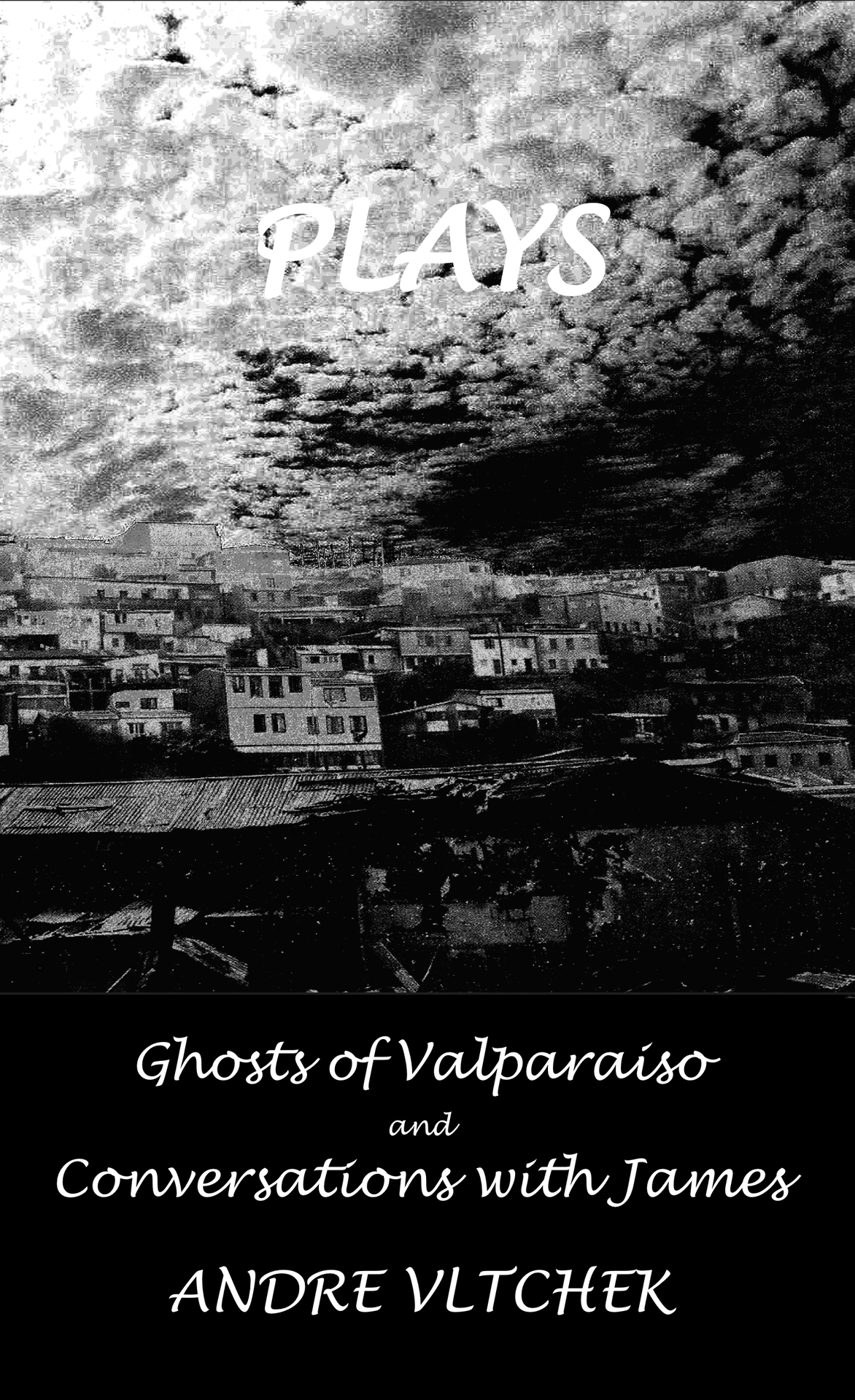
A Play in Two Acts
and
"CONVERSATIONS WITH JAMES"
A Comedy in Six Acts
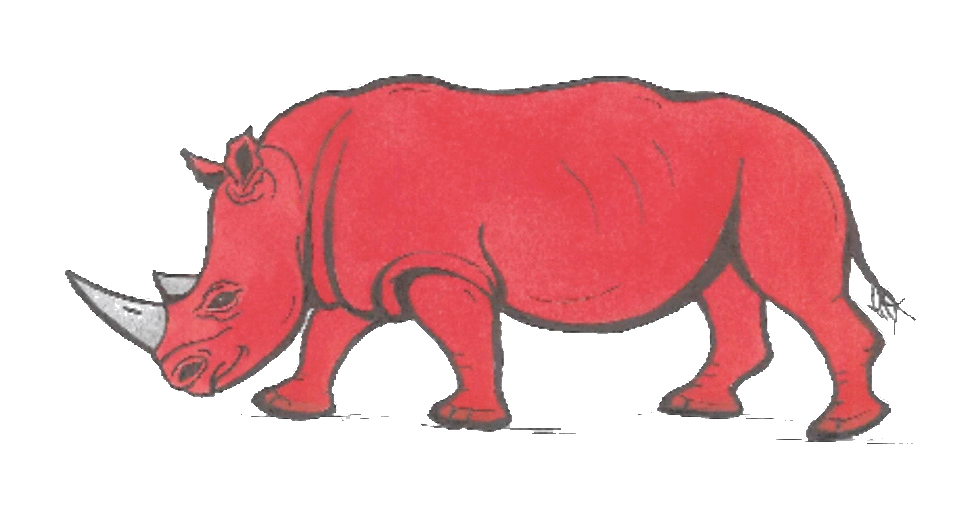
The characters and events portrayed in this book are fictitious. Any similarity to real persons, living or dead, is coincidental and not intended by the author.
No part of this book may be reproduced, or stored in a retrieval system, or transmitted in any form or by any means, electronic, mechanical, photocopying, recording, or otherwise, without express written permission of the publisher.
Written by: Andre Vltchek
Preface by: Gaither Stewart and Patrice Greanville
Edited by: Tony Christini
Cover Design and Layout by: Rossie Indira
Cover & Portrait Photos by: Alejandro Wagner
Ebook edition, 2020
Published by PT. Badak Merah Semesta
http://badak-merah.weebly.com
email: badak.merah.press@gmail.com
Font size:
Interval:
Bookmark:
Similar books «Plays: Ghost of Valparaiso and Conversations with James»
Look at similar books to Plays: Ghost of Valparaiso and Conversations with James. We have selected literature similar in name and meaning in the hope of providing readers with more options to find new, interesting, not yet read works.
Discussion, reviews of the book Plays: Ghost of Valparaiso and Conversations with James and just readers' own opinions. Leave your comments, write what you think about the work, its meaning or the main characters. Specify what exactly you liked and what you didn't like, and why you think so.

